Many plastics in Bay Area blue bins end up in landfills. Here’s what is actually recycled – the San Francisco Chronicle
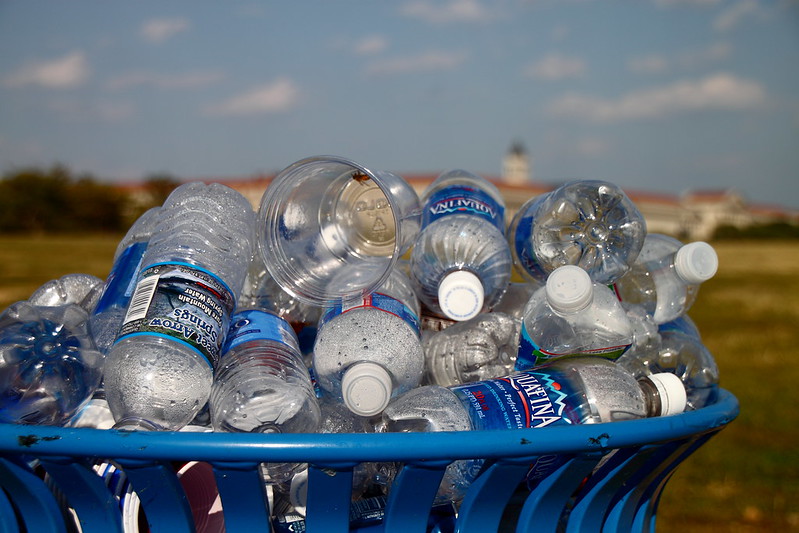
This week, California Attorney General Rob Bonta sued ExxonMobil for perpetuating what he called a decades-long fantasy: that the world’s plastics problem would just disappear with better recycling…
The Cure for Disposable Plastic Crap Is Here—and It’s Loony – Wired Magazine
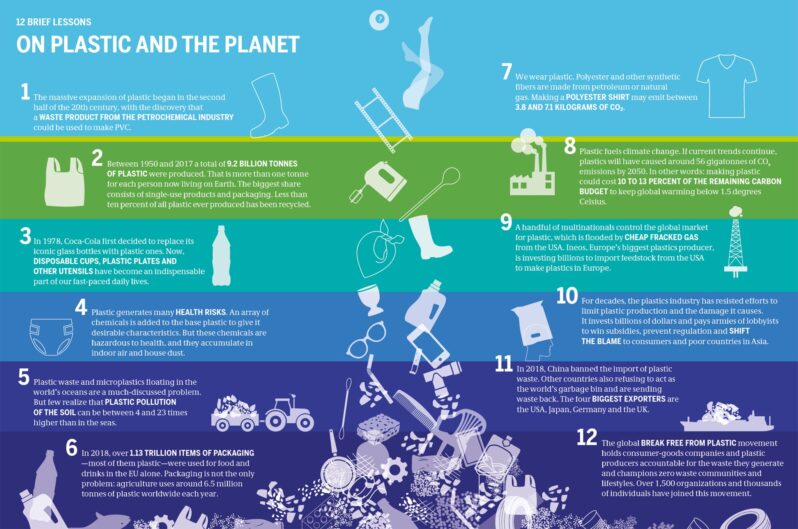
Stretchy seaweed, reverse vending machines, QR-coded take-out boxes: They’re how we can break society’s absurd addiction to single-use plastics…
Does the plastics industry support waste pickers? It’s complicated – Grist Magazine
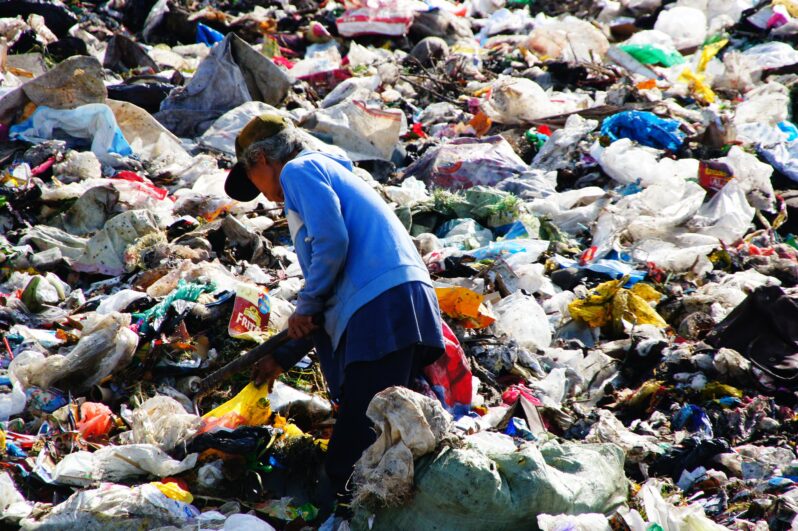
The people who clean up the world’s trash say some companies’ statements of support are little more than lip service…
How to create a ‘world without waste’? Here are the plastic industry’s ideas – Grist Magazine
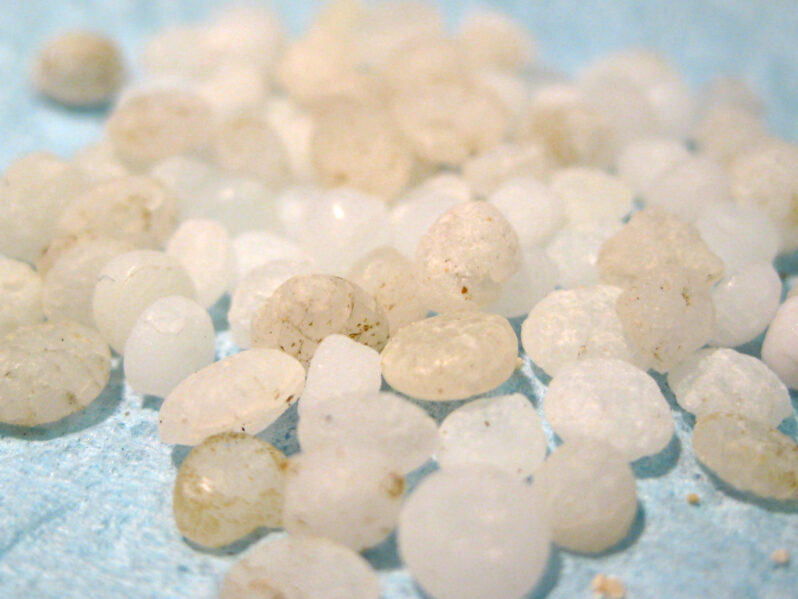
A deep dive into the petrochemical industry’s proposals for the global plastics treaty….
A new report looks at major companies’ efforts to address plastic waste — and finds them lacking – Grist Magazine
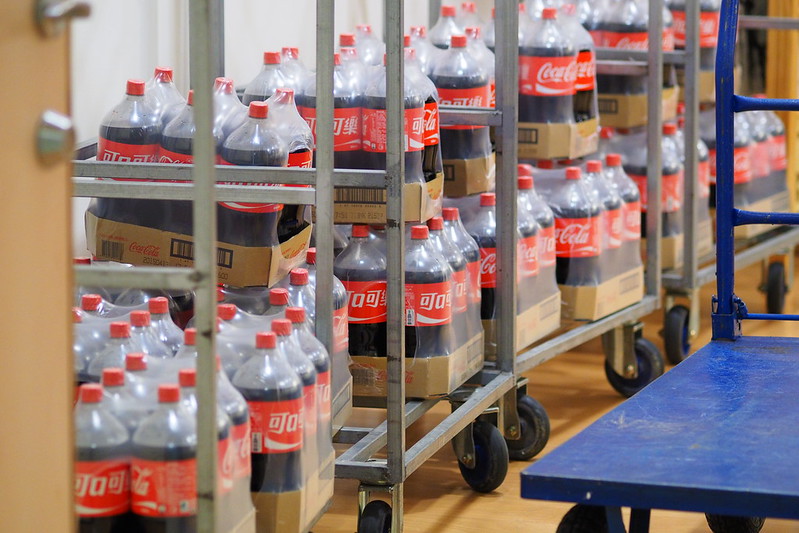
Of the 147 companies with a package recyclability goal, only 15 percent were on track to meet it…
How the recycling symbol lost its meaning – Grist Magazine
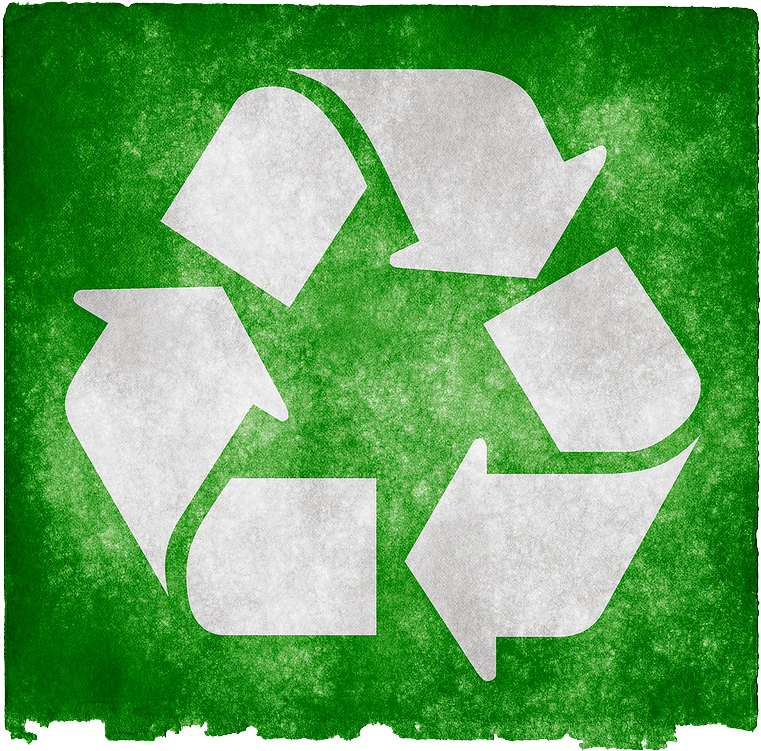
Of the 147 companies with a package recyclability goal, only 15 percent were on track to meet it…
The Plastics We Breathe | Interactive – the Washington Post
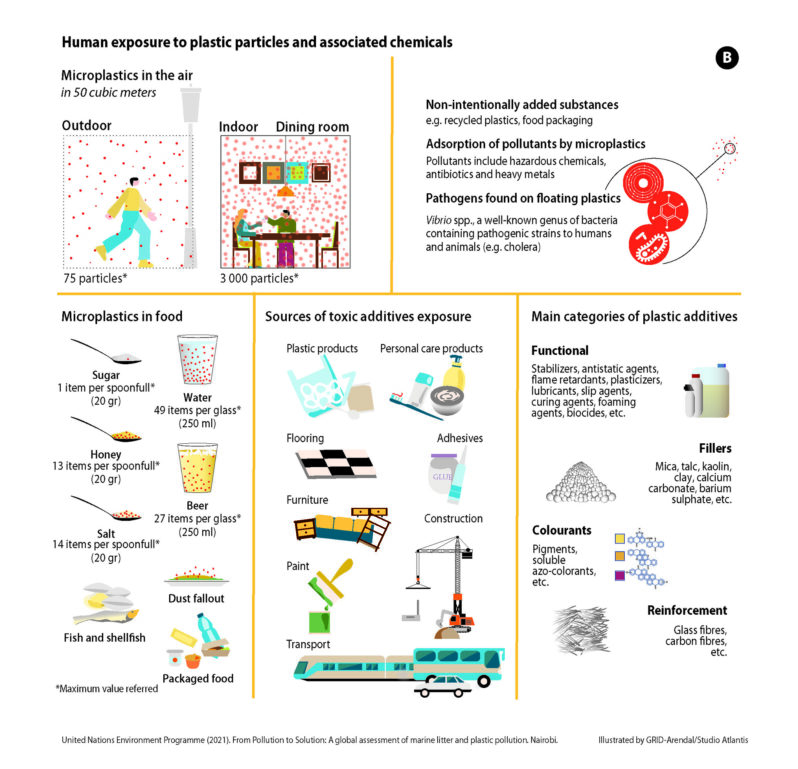
Every time you take a breath, you could be inhaling microplastics. Scroll to see how tiny and dangerously invasive they can be….
Giant Heaps of Plastic Are Helping Vegetables Grow – Atlantic Magazine
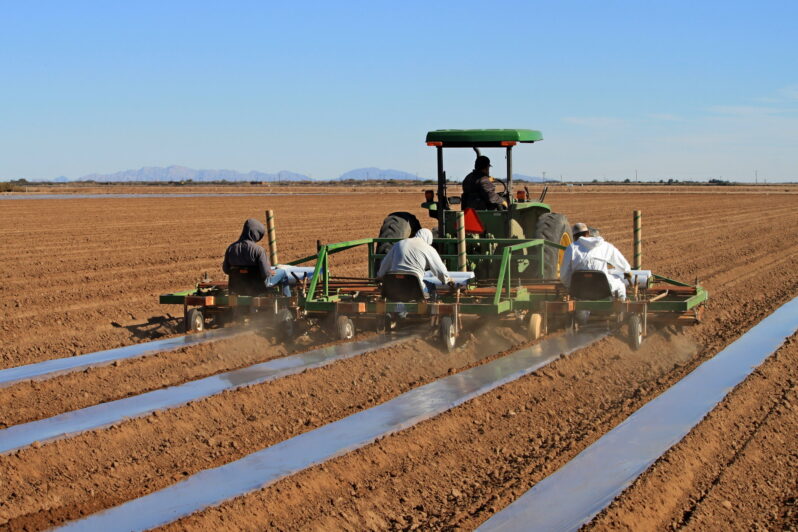
Plastic allows farmers to use less water and fertilizer. But at the end of each season, they’re left with a pile of waste…
Microplastics are in human testicles. It’s still not clear how they got there – Grist Magazine
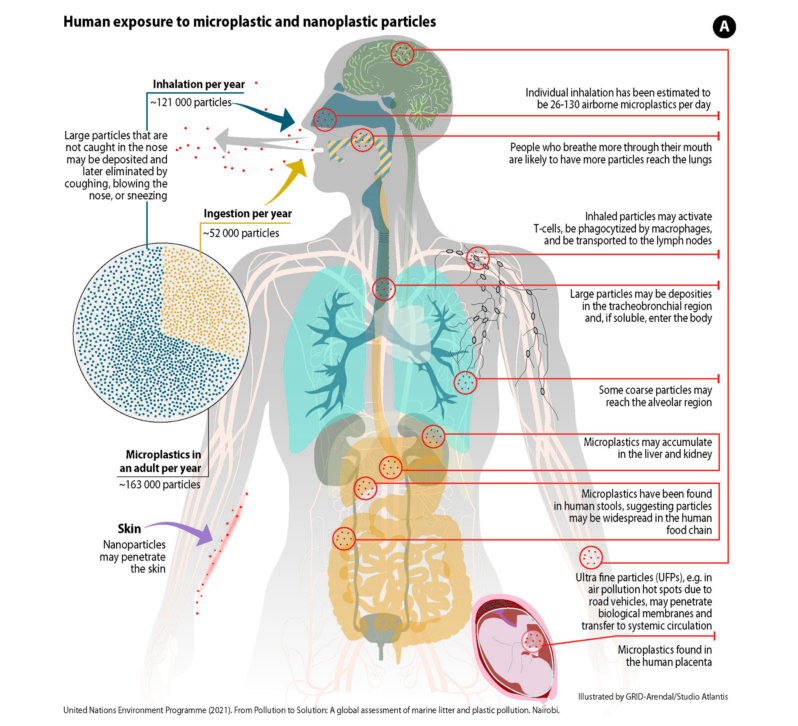
People eat, drink, and breathe in tiny pieces of plastics — but what they do inside the body is still unknown…
